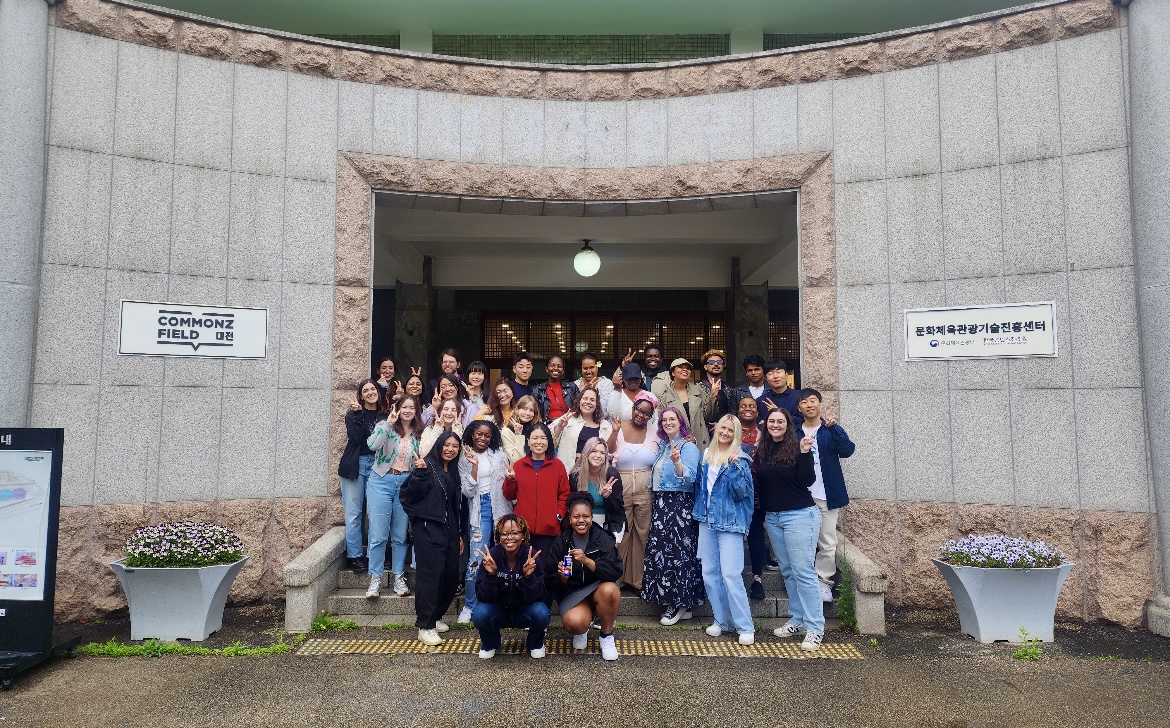Women’s History Month is more than just a celebration of the contributions many women made to both history and society in the United States. Instead, we should use it as an opportunity to bring awareness to the oppression modern women face not only in the U.S. but throughout the world.
Women’s History Month originally began as a week-long celebration in Sonoma, California, in 1978. In 1980, President Jimmy Carter declared the week of March 8 as National Women’s History Week. National Women’s History Week would later become Women’s History Month in 1987 thanks to a resolution passed by Congress. Since then, the entire month of March has been dedicated to recognizing the contributions and achievements women made throughout history in the United States.
“To me, Women’s History Month means not only learning about the extraordinary contributions women have made over time but also recognizing that we still have a long way to go,” UNF Professor Patricia Booker said.
Patricia Booker is a communications professor at UNF and has been teaching at UNF for almost 20 years. She wants people to not only think about the accomplishments when celebrating Women’s History Month but also bring awareness to the oppression women face today.

“I often think about the fact that my grandmother was born without the right to vote. That’s incredible to me. And while there have been literally hundreds of white men who have served in the U.S. Senate since this country was founded, there have been only 58 women,” Professor Booker said.
“Women continue to experience oppression in the workplace and in society here in the U.S., but also around the world. In parts of Africa, female genital mutilation is still a thing. In India, seven percent of girls are married by the time they’re 15 years old.”
According to a 2017 Pew Research poll, 42% of women face workplace discrimination in the United States. In 2018, the Census Bureau reported that women earned just 82 cents for every dollar made by men in the United States. According to a 2020 World Health Organization report, more than 200 million women have been subjected to genital mutilation in Africa, Asia, and the Middle East in 2020.
“It is a privilege to be an educated woman with a voice and the freedom to make choices. Women’s History Month reminds me both of the sacrifices made in order for me to have that privilege, and of the terrible injustices still prevalent for too many women on this earth,” Professor Booker concluded.
___
For more information or news tips, or if you see an error in this story or have any compliments or concerns, contact editor@unfspinnaker.com.















